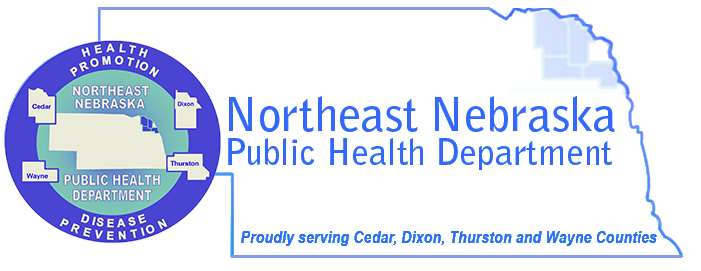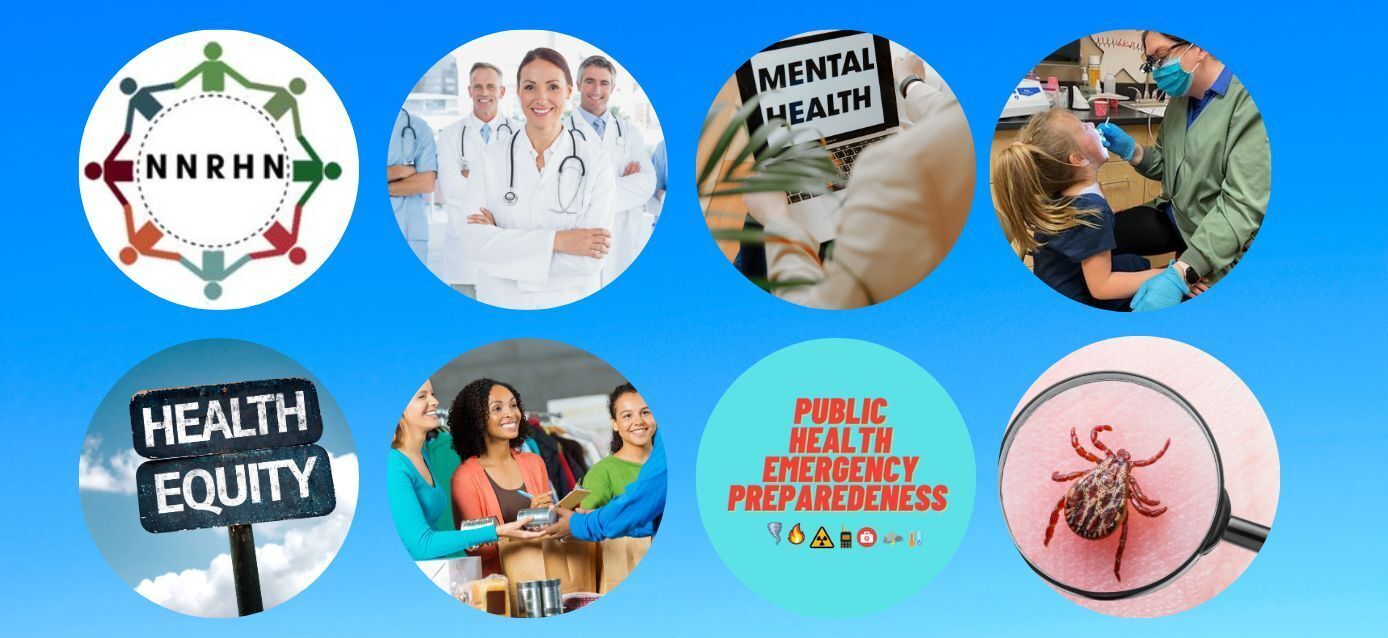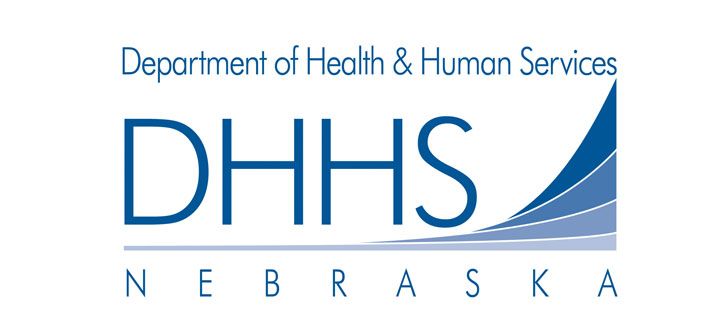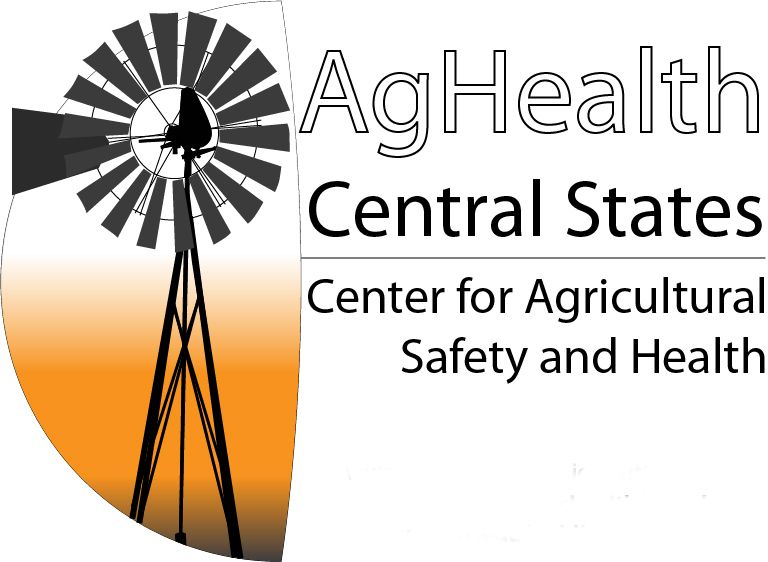West Nile Virus
West Nile Virus* (WNV) is a disease/virus that is carried by birds and can make those who catch it very sick, disabled or can even cause death. When a Mosquito bites a bird that already has the virus, the virus is given to the mosquito. Humans then get the virus when they are bitten by mosquitoes that are carrying the virus.
What are signs or symptoms of WNV?
Symptoms or signs can range from mild fever (high body temperature), headache, body aches, rash and swollen glands to dangerously high fever, bad headache, stiff neck, lack of strength, and confusion or brain fog.
How can I to protect myself and my family?
- Avoid outdoor activities at dusk and at dawn, when mosquitoes are most active
- Wear long-sleeved shirts, long pants, socks and shoes when outside
- Use an insect repellent or bug spray with DEET (choose the right repellent for your age)
- Click here for a list EPA approved of insect repellents.
- Get rid of all standing water (water in tires, buckets, swimming pools) and if you cannot we suggest that you use a pesticide that will kill the eggs
- Fix holes in window and door screens to keep mosquitoes outside
What is Northeast Nebraska Public Health Department (NNPHD) doing to protect our community against WNV?
Since 2006 NNPHD has provided educational resources, DEET wipes and mosquito larvicide for the prevention of West Nile Virus infection in our health district. NNPHD has also established mosquito trapping locations to collect mosquitos for WNV testing throughout the mosquito breeding season.
What should I do if I find a dead bird?
If you find a bird that has died within the past 24 hours in the counties of Cedar, Dixon, Thurston or Wayne, during the months of May – October, please call: Northeast Nebraska Public Health Department (NNPHD) at 1-800-375-2260 or 402-375-2200.
*Supported through a grant from the Nebraska and U.S. Departments of Health and Human Services
Zika Virus
What is Zika?
Zika is a virus that usually spreads through the bite of an infected mosquito.
The Dangers of Zika
If a pregnant woman catches Zika, it can cause life threatening birth defects such as, microcephaly (very small brain) which changes normal brain growth in the unborn baby. Another birth defect Zika can cause is Guillain-Barre syndrome which damages the brain, spinal cord, and nerves.
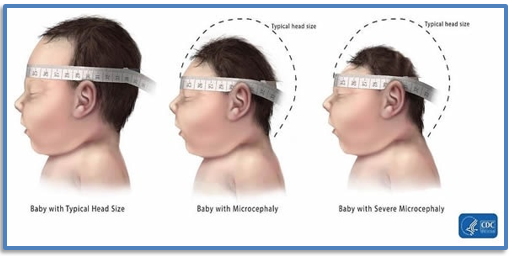
What are the symptoms or signs of Zika Virus?
The most common symptoms or signs are:
- Fever or high body temperature
- Rash
- Headache
- Joint Pain
- Red Eyes
- Muscle Pain
Many people who catch Zika will not show symptoms or they will have mild symptoms that last a few days to one week.
How do people catch Zika?
Mosquito bites are the most common way of catching Zika. A person can also catch Zika by having sex with a person who has Zika. A mother can pass Zika to her unborn baby during pregnancy or when giving birth.
Is there Zika in Nebraska?
There are a few human cases of Zika in Nebraska which have been linked to travel. This means that the humans caught Zika while they were out of the state of Nebraska and came back to the state with the virus. Nebraska is a low-risk state for Zika. The most common mosquito that transmits Zika is found in tropical parts of the world and in the southern United States. Nebraska Department of Health and Human Services (DHHS) is watching certain areas of Nebraska for mosquitoes that could also transmit Zika.
What can I do to protect myself and my family?
The best way to avoid Zika and other illnesses spread by mosquitoes is to protect yourself and your family from mosquito bites.
- Use insect repellent with DEET, or an Environmental Protection Agency (EPA) approved insect repellent (click here for information on EPA registered insect repellent).
- Wear long sleeve shirts and long pants when outside.
- Sleep under a mosquito net when sleeping with open windows or outside.
- Fix broken screens and get rid of standing water that breeds mosquitoes.
- Use condoms during sex to not spread Zika to your partner.
